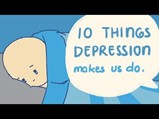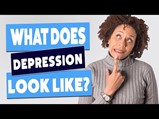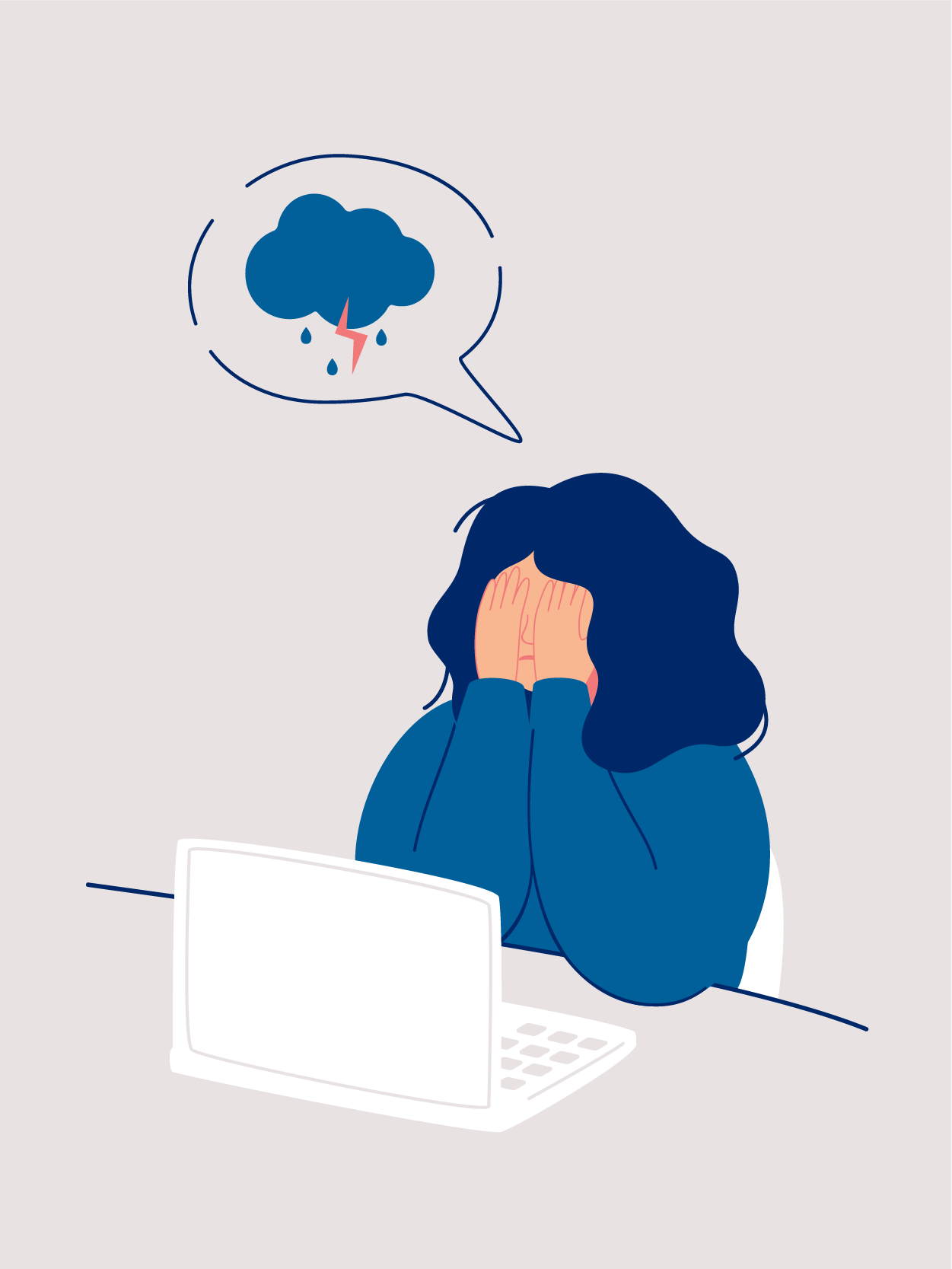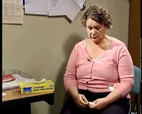How to Know if you Have Depression
Everyone experiences disappointment and loss at some time. However, when these feelings last for many days and lead to difficulty getting work done, avoiding social activities, and feeling helpless or despair, then it is time to take stock.
Primary Symptoms of Depression
If you are experiencing more than a few of these symptoms and they have lasted for 2 weeks or more, then it is likely that you are experiencing a level of depression that is clinically important.
- A change in mood. Some people feel sad and may cry often. Others simply do not experience much pleasure – even the things one normally enjoys become uninteresting or begin to feel more like work.
- Changes in appetite, either not eating much or eating too much.
- Changes in sleep, often having difficulty sleeping, but could be sleeping too much.
- Lack of energy and motivation.
- Difficulty concentrating.
- Feelings of worthlessness and guilt.
- Recurrent thoughts of death or suicide.

Depression Screening Tool
Take the Depression Questionnaire. The Patient Health Questionnaire (PHQ-9) is a screening tool designed to help you determine your level of depressive symptoms. Online screening is the quickest and easiest way to check the severity of your depressive symptoms and help you decide whether you should reach out to a professional for help. Your response to this screening tool is anonymous. Your results and additional resources will be shared with you after you click “See my Score.”
10 Things Depression Makes Us Do
Depression is a sneaky mental disorder. It’s difficult to catch during the early stages. Those with this mental disorder feel hopeless, empty or sad, fatigued, irritable, and restless.
What Depression Looks Like
How do you know if you're depressed? Sometimes it can be hard to tell if you have a clinical depression, or if you have a temporary sadness.
More Information
For more information about depression and its treatment, visit the National Institute of Mental Health web pages.
If you are currently experiencing a life-threatening emergency where you are at risk of hurting yourself, please call 911. You may also access these resources for help coping with suicidal thoughts:
- Suicide prevention LIFELINE: 1-800-273-TALK (8255)
- Crisis Text Hotline (type HOME to 741741)
- FirstLink: Dial 211 or text your zip code to 898-211 from anywhere in North Dakota or northwest Minnesota
Return to Top











